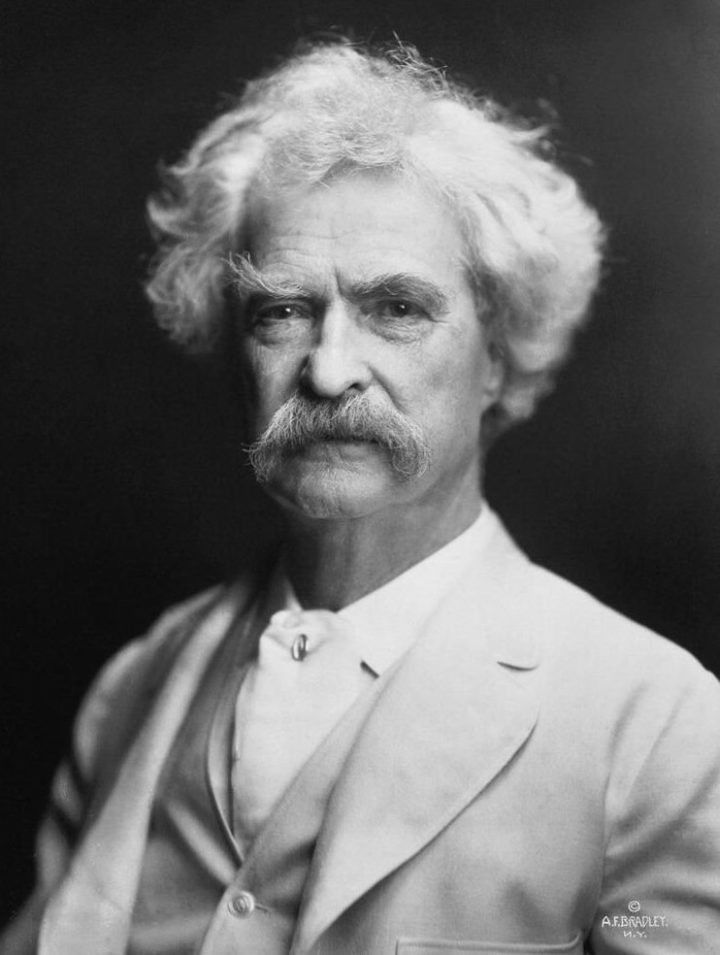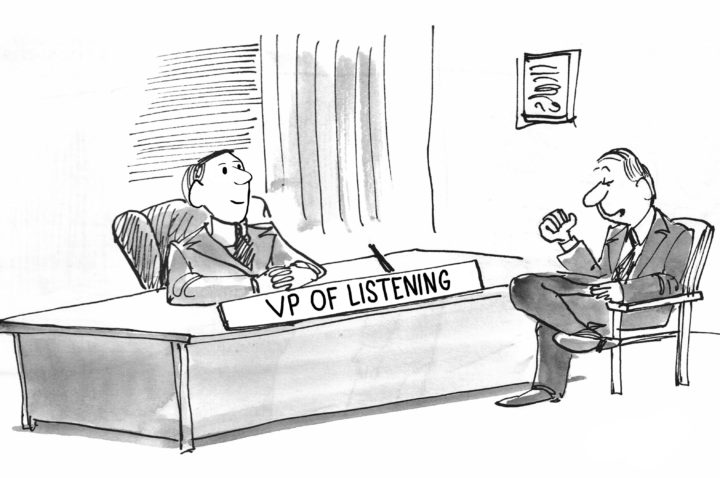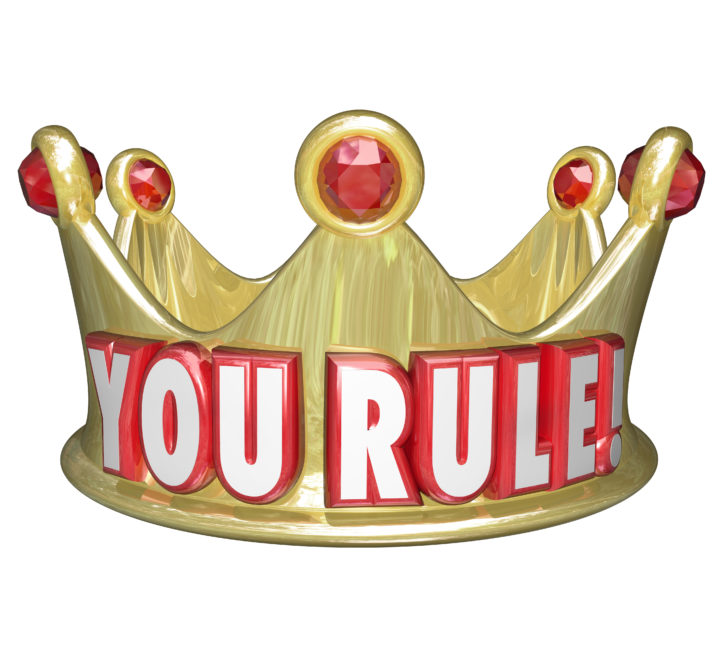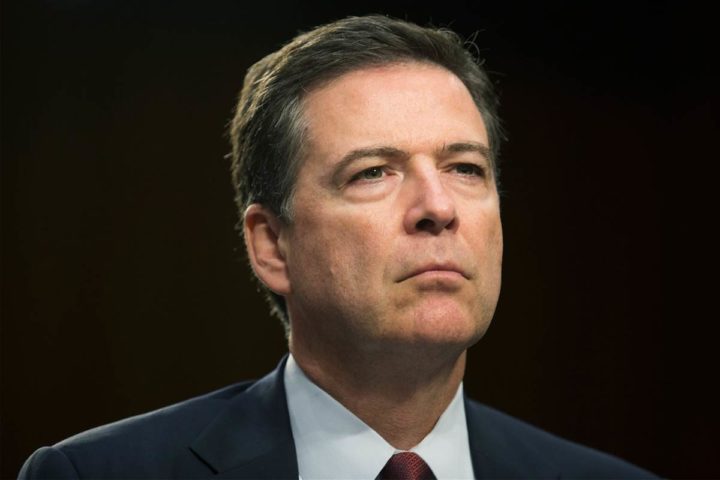It’s rare to score an interview with Mark Twain these days, mainly because he has been dead for over 100 years. But with the help of goodreads.com, I was able to get him to open up about his views on public speaking and persuasive communication in general.
Mr. Twain, thank you for agreeing to talk to me.
I love to hear myself talk, because I get so much instruction and moral upheaval out of it.
Why have you agreed to talk now?
From the first, second, third and fourth editions (of my autobiography) all sound and sane expressions of opinion must be left out. There may be a market for that kind of wares a century from now. There is no hurry. Wait and see.
What’s your view on persuasive communication?
There is nothing in the world like a persuasive speech to fuddle the mental apparatus and upset the convictions and debauch the emotions of an audience not practiced in the tricks and delusions of oratory.
What’s the best way to convince an audience?
I know all about audiences, they believe everything you say, except when you are telling the truth.
There are people who think that honesty is always the best policy. This is a superstition; there are times when the appearance of it is worth six of it.
Facts are stubborn things, but statistics are pliable.
Most people use statistics like a drunk man uses a lamppost; more for support than for illumination.
It is my belief that nearly any invented quotation, played with confidence, stands a good chance to deceive.
Facts contain a great deal of poetry, but you can’t use too many of them without damaging your literature.
Eloquence is the essential thing in a speech, not information.
So, does that mean you think emotion is more important than logic?
It is easier to manufacture seven facts than one emotion.
You’re not really that cynical, are you?
When in doubt, tell the truth.
Use what you stand for and what you oppose as a foundation to write great content that resonates with readers and creates a ripple effect.
How important is it to be concise?
If you have nothing to say, say nothing. Never miss a good chance to shut up.
Anybody can have ideas—the difficulty is to express them without squandering a quire of paper on an idea that ought to be reduced to one glittering paragraph.
Let’s talk for a bit about how to be clear.
Plain question and plain answer make the shortest road out of most perplexities.
And to those who insist on using big pretentious words?
I never write metropolis for seven cents because I can get the same price for city. I never write policeman because I can get the same money for cop.
She never used large words, but she had a natural gift for making small ones do effective work.
The difference between the right word and the almost right word is the difference between the lightening and the lightening bug.
What’s the best way to tell a story?
I do not claim that I can tell a story as it ought to be told. I only claim to know how a story ought to be told.
Begin at the beginning, go on until the end, then stop.
Do you think people should write out their speeches?
Written things are not for speech; their form is literary; they are stiff, inflexible, and will not lend themselves to happy and effective delivery with the tongue–where their purpose is to merely entertain, not instruct; they have to be limbered up, broken up, colloquialized and turned into common forms of premeditated talk–otherwise they will bore the house and not entertain it.
Let us make a special effort to stop communicating with each other, so we can have some conversation.
So you think impromptu speaking is better?
The best and most telling speech is not the actual impromptu one, but the counterfeit of it … that speech is most worth listening to which has been carefully prepared in private and tried on a plaster cast, or an empty chair, or any other appreciative object that will keep quiet, until the speaker has got his matter and his delivery limbered up so that they will seem impromptu to an audience.
As a humorist, what advice would you give speakers about using humor in a presentation?
Humor must not professedly teach and it must not professedly preach, but it must do both if it would live forever.
One can be both entertained and educated and not know the difference.
Do you ever get nervous before a speech?
There are two kinds of speakers. Those who are nervous and those who are liars.
To succeed in life, you need two things; ignorance and confidence.
Finally, what is your take on motivational speakers?
To be good is noble. To tell other people how to be good is even nobler and much less trouble.
I’m not sure I agree with all your views.
Never argue with stupid people. They will drag you down to their level and beat you with experience.
I love sales questions. In my training classes, I urge B2B salespeople to ask more questions, and I teach them ways to get the buyer to open up about their problems, opportunities, challenges and risks, and to get mutually involved in devising a solution. Questions are one of the most powerful sales tools you have.
But sometimes you can fall in love with a tool and overuse it, losing effectiveness and efficiency as a result. What’s the problem with too many questions? You run the risk that the buyer may feel too “led” or even manipulated, or at least not feel like they have been listened to. And, because you are so good at using questions to uncover what you’re looking for, you may close out opportunities to discover what you’re not looking for.
The most efficient and effective sales call I ever conducted took place in a boardroom in Atlanta where I met with a company’s SVP of Worldwide Sales and several of his direct reports. I had barely set the stage with my value proposition when he cut me off: “Let me tell you what I want”, he said, and launched into a 60-minute soliloquy about his sales force and its struggle to adapt to a changing market. My participation consisted mainly of nodding, interjecting an occasional probe, and trying to take good notes. By the time he was done, George had answered every question in my sales call plan, I had checked off every one of my call actions, and we struck a deal on my largest sale to date.
If there is such a ratio as revenue per word spoken, it was easily the best sales call I’ve ever made. It flowed from start to finish, and the best part was, the sale was completely the customer’s idea! It reminded me of Napoleon’s advice to “Never interrupt the enemy when he is making a mistake”, except in this case it’s “Never interrupt the buyer when they are selling themselves.” By staying out of his way, I let George have my way.
That call was extreme, of course, but it is definitely worthwhile to strive to talk less and sell more. Good salespeople accomplish this by asking more questions; great salespeople do it by asking fewer but better questions, and by going beyond questions to achieve a similar flow.
How does achieving that flow help you sell? First, people like to talk about themselves, so once you get them started, you may create a momentum of self-disclosure which can produce broader and deeper insight into their needs. Second, people like to feel important, so by being in charge of the conversation (or at least feeling like they’re in charge) can make them feel good. Finally, when they tell you the story you want them to hear, they own it, and they’re much more likely to stick to their commitments.
How to encourage conversational flow
Conversational flow doesn’t just happen; you can stimulate your customer’s willingness to talk by what you do before and during the call.
Before the call
Avoiding too many questions during the call does not mean skipping questions altogether during your preparation. The research and planning you do will help earn the customer’s trust without which they won’t open up. Besides, it’s the only way to know if the customer’s conversation is producing the answers you need. By knowing what you need from the conversation, you will have all these mental hooks on which to organize the incoming information.
It also does not mean that you should strive for a stream-of-consciousness type of flow, in which you get the customer to talk about anything that enters their mind. The most effective sales conversations have a particular structure—even if it’s not obvious. That flow is the SCR story structure: They begin by describing their situation, bringing out their conflicts, and arriving at a resolution.
During the call
There are two general ways to encourage the customer to take control of the conversation and run with it. First, you motivate them to talk and set the frame by carefully planning your call opening, and then you use following skills to encourage and channel the flow.
The first few minutes of the sales call are crucial to achieving conversational flow. Your goal is to get the customer eager to talk about what you want them to talk about. For this, you have three tools: value proposition, action statement, and agenda.
Your value proposition and action together deliver the lean communication imperative of ATQ: Answer the Question. In every meeting, the customer/prospect wants to know: “What do you want me to do, and why should I do it?” By being very upfront about it early, you dispel suspicion and jointly agree on the reason for the meeting. In the unlikely case you’re wrong, the customer will let you know immediately and you will have an opportunity to reset or pivot as necessary.
If the value proposition and action together set the destination, your written agenda is the road map that structures the conversation. In most cases, you’re going to be very explicit, even to the point of enumerating and explaining the agenda items and offering to add any issues they might have. I would estimate that a third of the calls I go on, I rarely need to use direct questions, because the customer sees the logic of the structure and willingly participates.
Even if the customer takes control and follows their own agenda, your effort hasn’t been wasted. When George began talking, I did not interrupt him; I simply slid my agenda across the table. He absent-mindedly straightened it out in front of him and kept talking—but within a couple of minutes, it became obvious that he was glancing at it and following the points I had prepared.
As the customer talks, your principal task is to listen intently and stay out of the buyer’s way if they’re following the right path, or nudge and gently re-direct them when they’re veering off. You can use encourages, probes and reflections, all fundamental following skills which you can brush up on here, or if you’re not already familiar with, you can pick up with a book or a class on active listening.
The hardest thing to do, especially when the customer is talking non-stop, is to keep the incoming information organized enough to know whether you’re getting what you need to accomplish your call purpose. That’s where your sales call plan with its prepared question list comes in handy, to help you unobtrusively check off which have been answered. I’ve also found the Cornell note-taking system to be enormously useful for maintaining situational awareness, and for recording keywords that will allow you to go back and revisit areas that need more attention.
Candidly, most salespeople aren’t ready for the ideas in this article, because they still haven’t learned how to ask enough good questions. But if you’ve already reached this stage, you can kick up your skills one more notch by learning how to go beyond questions.
In the last post, we saw that flattery works, even when it is patently obvious to the receiver that you have an ulterior motive for saying nice things about them. That said, I admit that there are three things wrong with following my advice to be a suck-up. First, you may feel a bit slimy doing it, even when you know it’s the smart thing to do. Second, your peers or any outside observers may think less of you. Finally, while the research shows that there’s a low risk of having it backfire on you, there are more skillful and less awkward ways of ingratiating yourself. As Mark Twain said,
The happy phrasing of a compliment is one of the rarest of human gifts, and the happy delivery of it another.
In case you don’t have the “gift”, here are some suggested techniques to improve your complimenting skills:
Probably the most important rule of all is to keep it real by complimenting them for something that you genuinely admire. When you believe it, you are much more likely to say it authentically, and the recipient is much more likely to accept it gladly without question.
Find something different to compliment them on. If it’s something less obvious than what they hear all the time from others, it’s more likely to get their attention, and it also signals that you cared enough to research them carefully before meeting them.
Be specific in your praise. I confess that once or twice, when I’ve had someone compliment me about one of my books, I’ve asked them what they specifically liked about it, and it became obvious that they had not read it.
Of course, these first three suggestions require If it’s someone you’re meeting for the first time, research them as much as you can—the deeper the better. It shows you care, and it’s so easy nowadays that not doing it can be seen as insulting.
Ask them for advice. Everyone loves to be considered important and/or knowledgeable, and asking them for advice is an indirect way of expressing your admiration while potentially getting something valuable in return.
Go behind their backs. In other words, don’t praise them directly. If you praise them to others, you can be sure it will get back to them and seem even more heartfelt for being said to someone else.
Separate the praise from the need. Praise followed by an immediate request is too transparent, so invest into the bank of goodwill early with your compliments before you need anything.
Soft-pedal your praise. Just like a backhanded compliment can offend, you can a faux insult can please: “Wow, that’s actually not such a dumb idea!” Be careful with this one, but it works really well with some personalities, especially people who are a little uncomfortable with suck-ups.
Listen to the other person. I believe that the sincerest form of flattery is not imitation but actually listening—paying the other person the compliment of believing that what they have to say matters.
Finally, adjust your attitude toward complimenting others. If you consider flattery beneath you, ask yourself how making another other person feel important can be a bad thing.
I have to admit to taking off three hours from real work today to watch former FBI Director James Comey answer questions from fifteen senators of the Senate Intelligence Committee. Putting aside the fact that he was under oath and therefore subject to severe penalties if he is later found to have lied, I found his testimony to be very credible, for three reasons.
Together, they comprise what I call 3-Ds of credibility: Directness, Detail, and Demeanor.
Directness: First off, Comey answered every question he was asked, except those he felt that he could not comment on in an open session. There was no dancing around or playing cute by giving evasive answers. He also answered each question directly, without any “context-setting” or preemptive excuses for what he was about to say. In general, every answer was a classic example of BLUF, or Bottom Line Up Front.
Detail: He supplied enough concrete details when he described incidents or conversations to give the immediate impression that he was telling the truth, even at one point trying to mimic the facial expressions he saw when he asked AG Sessions not to leave him alone with the President. People who make up stuff don’t tend to supply a lot of detail which can be verified, as for example when he described receiving one phone call at noon as he was getting ready to board a helicopter with the head of the DEA.
Demeanor: Throughout three hours of questioning Comey was calm, thoughtful, and sincere. There was no sense of evasiveness or nerves, nor did he appear to lose his composure or temper when any questioner appeared snarky or hostile. One commentator afterwards said that Comey had told one of his friends that truth makes you calm.
These three factors: directness, detail and demeanor– all contributed to a powerful sense of credibility from Comey’s testimony. Do they prove he was telling the truth? Of course not. He is an experienced lawyer and former prosecutor who knows full well that these three factors could work in his favor, so it’s possible that he faked the whole thing. It’s like the old joke that “sincerity is important, and once you can fake it you’ve got it made”. I don’t think he faked it, but if he did, that by itself does prove how important these three factors are.






